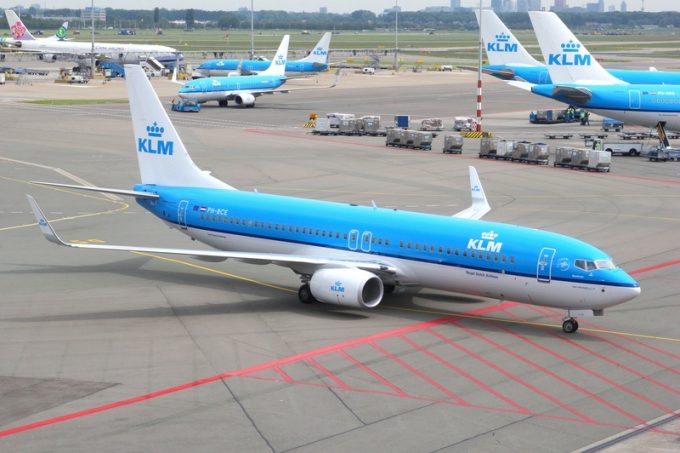Sasi World appoints Hiran Perera as senior advisor, freighters
Strategic Aviation Solutions International (Sasi) World has announced the appointment of Hiran Perera as a ...

Full freighter movements at Schiphol Airport dropped 11.6% in November, a 1% decline in cargo volumes, as arguments over slots continue.
Despite the double-digit freighter drop, however, it seems shippers made better use existing capacity, with the 1% dip contrasting with October’s 6% volume downturn.
The airport’s head of cargo, Jonas Van Stekelenburg, said improved volumes were largely helped by additional slots and a “strong” market.
Schiphol’s slots problem has spurred IATA to continue to defend its rules. Head of worldwide airport slots at IATA Lara Maughan said last week that changing rules for cargo would be a mis-step.
Air Cargo Netherlands, in a bid to regain slots at Schiphol for freighters, has called for a ‘local rule’ , with unused slots put into an ad-hoc pool for freighter flights.
Dutch shippers’ association Evofenedex has gone a step further and is lobbying for changes in the existing 80:20 rule, pushing for a 70:30 rule for full freighter operators.
Policy manager of air and ocean freight at Evofenedex Rogier Spoel said flights were increasing faster than airports could expand, which would lead to lost freighters. A 70:30 rule for full freighters which struggle to meet the 80% scheduling rule, was justifiable and would help the cargo industry to continue to use major airports.
However, Ms Maughan disagreed and said the idea did not address the problem: a lack of ad-hoc capacity. And she suggested those calling for a 70:30 split were acting “from an area where the rule isn’t quite understood”.
She explained: “In one specific case, cargo operators possibly believe there has been some sort of unfairness. But the same rules are being used at Heathrow, Hong Kong and JFK, and so it is incorrect to call it unfair as they have been able to operate strong business.”
She added that from IATA’s perspective a 10% ratio change would be an arbitrary figure, and questioned where different treatment for cargo and passenger would end.
“One thing we strongly advocate is equal treatment for passengers and cargo; if we start giving special treatment, it opens the gates,” she said. “And after they have been opened, what is to prevent an airport saying, ‘well, we favour passengers’?”
Mr Spoel said: “70:30 was primarily a thought that was triggered because freighter operators highlighted the fact that living up to 80:20 was more difficult for them than for passenger aircraft.
“I am glad that IATA has picked up this issue and will see what can be done to address the issue, also keeping in mind any discriminatory arguments that IATA is understandably worried about. We are always open for discussions about what is and isn’t possible for freighter operations.”
While the debate rages, carriers continue to seek capacity. Nieuwsblad Transport reports that Emirates Skycargo is to open a new service at Maastricht – where the Dutch government has been trying to attract freighter operators that lost out at Schiphol.
In February, the Dubai-based airline begins three weekly cargo flights from the Dutch gateway, expanding to “at least” seven in March 2018.
The move follows a similar decision by Saudia Cargo, which opted for MAA, while Silkway also appeared to be favouring regional gateways.
Whether the decision will impact Gulf services currently operating out of Schiphol and Brussels remains to be seen.
Comment on this article